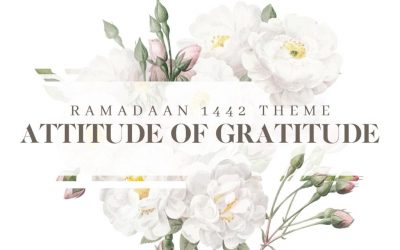In this article he discusses, the process and benefits of fasting, as well as its hazards.
Fasting is the single greatest natural healing therapy. It is nature's ancient, universal "remedy" for many problems. Animals instinctively fast when ill. When I first discovered fasting, 15 years ago, I felt as if it had saved my life and transformed my illnesses into health. My stagnant energies began flowing, and I became more creative and vitally alive. I still find fasting both a useful personal tool and an important therapy for many medical and life problems.
Of course, most of the problems for which I recommend fasting as treatment are ones that result from overnutrition rather than malnutrition. Dietary abuse problems, more common in the Western world than in Third World countries, generate many of the chronic degenerative diseases that I have written so much about; these include atherosclerosis, hypertension and heart disease, allergies, diabetes, and cancer. I believe that fasting is therapeutic and, more importantly, preventive for many of these conditions and more.
Fasting (cleansing, detoxification) is one part of the triology of nutrition; balancing and building (toning) are the others. I believe that fasting is the "missing link" in the Western diet. Most people overeat, eat too often, and eat a high-protein, high-fat, rich-food, building and congesting diet more consistently than they need. If we regularly eat a more balanced and well-combined diet, we will have less need for fasting and toning plans, although both would still be required at certain intervals throughout the year.
In a sense, detoxification is an important corrective and rejuvenative process in our cycle of nutrition. It is a time when we allow our cells and organs to breathe out, become current, and restore themselves. We do not necessarily need to fast to experience some cleansing, however. Minor shifts in the diet such as including more fluids, more raw foods, and fewer congesting foods will allow for better detoxification; for a carnivore, for example, a vegetarian or macrobiotic diet will be cleansing and purifying. The general process of detoxification is discussed thoroughly in the General Detoxification program; here we focus on fluid fasting – its history, therapeutic use, benefits, contraindications, and, of course, how to do it, along with other aspects of lifestyle that support fasting.
Fasting is a time-proven remedy. Its use goes back many thousands of years, really to the beginning of life forms. As a healing process and spiritual-religious process, it has continued to be more intelligently applied, we hope, in the last several thousand years.
Voluntary abstinence from food has been a tradition in most religions and is clearly a spiritual purification rite. Many religions, including Christianity, Judaism, and the Eastern religions, have encouraged fasting for a variety of reasons, such as penitence, preparation for ceremony, purification, mourning, sacrifice and union with God, and the enhancement of knowledge and powers. From Moses, Elijah, and Daniel to Christ, the Bible is filled with fasters, who employed it to assist their purification and communion with God. Fasts as long as 40 days were employed to cleanse people of sins and the "devil."
Source: islamonline


0 Comments